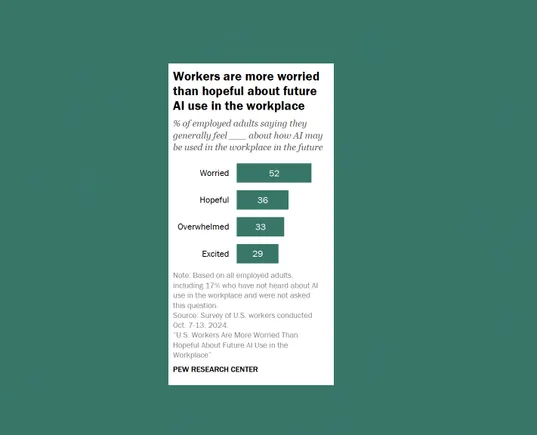Precision Medicine: The Future of Healthcare, But Who Will Benefit?
Precision medicine is reshaping healthcare by tailoring treatments to a person’s genetic makeup, lifestyle, and environment.

Recent advancements in cancer treatments, gene editing, and AI-driven diagnostics have accelerated its adoption, yet challenges related to accessibility, affordability, and ethics remain. Precision medicine is revolutionizing cancer care by replacing broad, often toxic treatments with targeted therapies. The UK’s National Health Service recently introduced liquid biopsies for breast cancer patients with ESR1 mutations. This blood test detects tumor DNA fragments, allowing doctors to prescribe elacestrant, a daily pill designed for this mutation. A global phase three trial found that combining amivantamab and lazertinib extends survival for advanced non-small cell lung cancer patients by 40% longer than current treatments. These breakthroughs highlight how genetic profiling is making cancer therapies more precise and effective. Gene editing is taking precision medicine beyond treatment to potential cures. In December 2022, a thirteen-year-old girl in the UK was cured of terminal leukemia using base editing, a refined form of CRISPR. Doctors reprogrammed her immune cells to destroy cancer, offering a personalized solution where traditional medicine had failed. This success has fueled research into sickle cell disease, cystic fibrosis, and inherited heart disorders, offering hope for eliminating genetic diseases. However, access remains limited due to high costs and ethical concerns. Artificial intelligence is enhancing precision medicine by analyzing vast amounts of genetic and clinical data. At Queen’s University Belfast, researchers are using AI to improve prostate cancer diagnosis and treatment by identifying biomarkers and predicting disease progression. Beyond cancer, AI is optimizing drug discovery, clinical trials, and personalized prevention strategies. These advances make treatments more precise and efficient, reducing time and costs. With growing demand for personalized therapies, BIS Research estimates the global precision medicine market will reach $469 billion by 2034. In Europe, the precision medicine software market is projected to triple from $416.1 million in 2023 to over $1.2 billion by 2033. Despite this growth, precision medicine’s benefits are not evenly distributed. Many treatments remain expensive, limiting access for those without adequate healthcare coverage. Equity remains a major hurdle. A JAMA Oncology study found many precision cancer drugs are designed using genetic data from European populations, making them less effective for other ethnic groups. Expanding genomic research to diverse populations is essential. Affordability is another issue. CRISPR-based gene therapies cost hundreds of thousands of dollars per patient, keeping them out of reach for most. Without intervention, these treatments will remain a luxury. Genetic data privacy is also a growing concern. Precision medicine relies on vast amounts of personal genetic information, raising questions about how this data is stored, shared, and protected. Stronger regulations are needed to prevent genetic discrimination and unauthorized use. Precision medicine is shifting healthcare from reactive treatments to proactive prevention. By predicting and preventing diseases before they occur, it has the potential to transform global health. However, innovation alone won’t make precision medicine accessible to all. Expanding research, lowering costs, strengthening data privacy, and training healthcare professionals will be key. The next decade will determine whether precision medicine remains a luxury or becomes a healthcare standard. With the right policies, it could make medicine truly personal, effective, and inclusive for all. About the Publisher: BIS Research is a global market intelligence, research and advisory company that focuses on emerging technology trends that are likely to disrupt the market. Its team includes industry veterans, experts, and analysts with diverse backgrounds in consulting, investment banking, government, and academia. Precision medicine is reshaping healthcare by tailoring treatments to a person’s genetic makeup, lifestyle, and environment. Unlike traditional one-size-fits-all treatments, this approach customizes therapies to individual needs, improving effectiveness and reducing side effects.
Precision medicine is reshaping healthcare by tailoring treatments to a person’s genetic makeup, lifestyle, and environment. Unlike traditional one-size-fits-all treatments, this approach customizes therapies to individual needs, improving effectiveness and reducing side effects.Transforming Cancer Treatment
Gene Editing: A Game-Changer for Incurable Diseases
AI’s Role in Personalizing Medicine
A Billion-Dollar Market with Barriers
Challenges in Access and Ethics
The Future: Personal, Predictive, and Preventative Healthcare

 ShanonG
ShanonG 





























